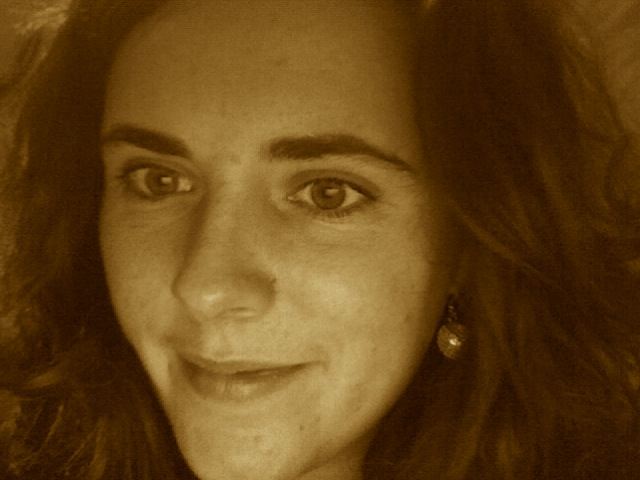My money
I think my grandfather was right. We should all keep our money under our matress.
A little charge here, a little charge there. It is not all that noticeable week to week. However month-to-month and year-to-year the bank can suck a lot of our hard earned money right out of our accounts.
The Financial Times (FT) reports the Office of Fair Trading is expected to rule next week if penalty charges by banks are unlawful.
If the cap on the price the banks are allowed to charge is quite high the banks will probably not have to pay any compensation. The FT article refers to Credit Suisse which estimates that banks make 1.2 billion a year on penalty charges but the FT says others say it may be up to 5 billion.
Banks are quite concerned about what the compensation bill might be.
Robert Budden a commentator for the FT recounts a story of complaining to the banks while he was a student about a charge he incurred because he went into his overdraft. It was only when his parents threatened to pull their accounts that the banks refunded the charge.
It shows cost can disappear with a little pressure and if more of us complained about unfair charges the banks would have no choice but to listen.
Robert Budden warns if the banks stop charging or charge lower penalty fees they will find somewhere else to make up the lost revenue.
Customers need to follow Budden's advice to keep a watchful eye on banks, complain more then once, be as tough as the bank and remember no fee is set in stone.
Or, you can stuff it under your matress.


